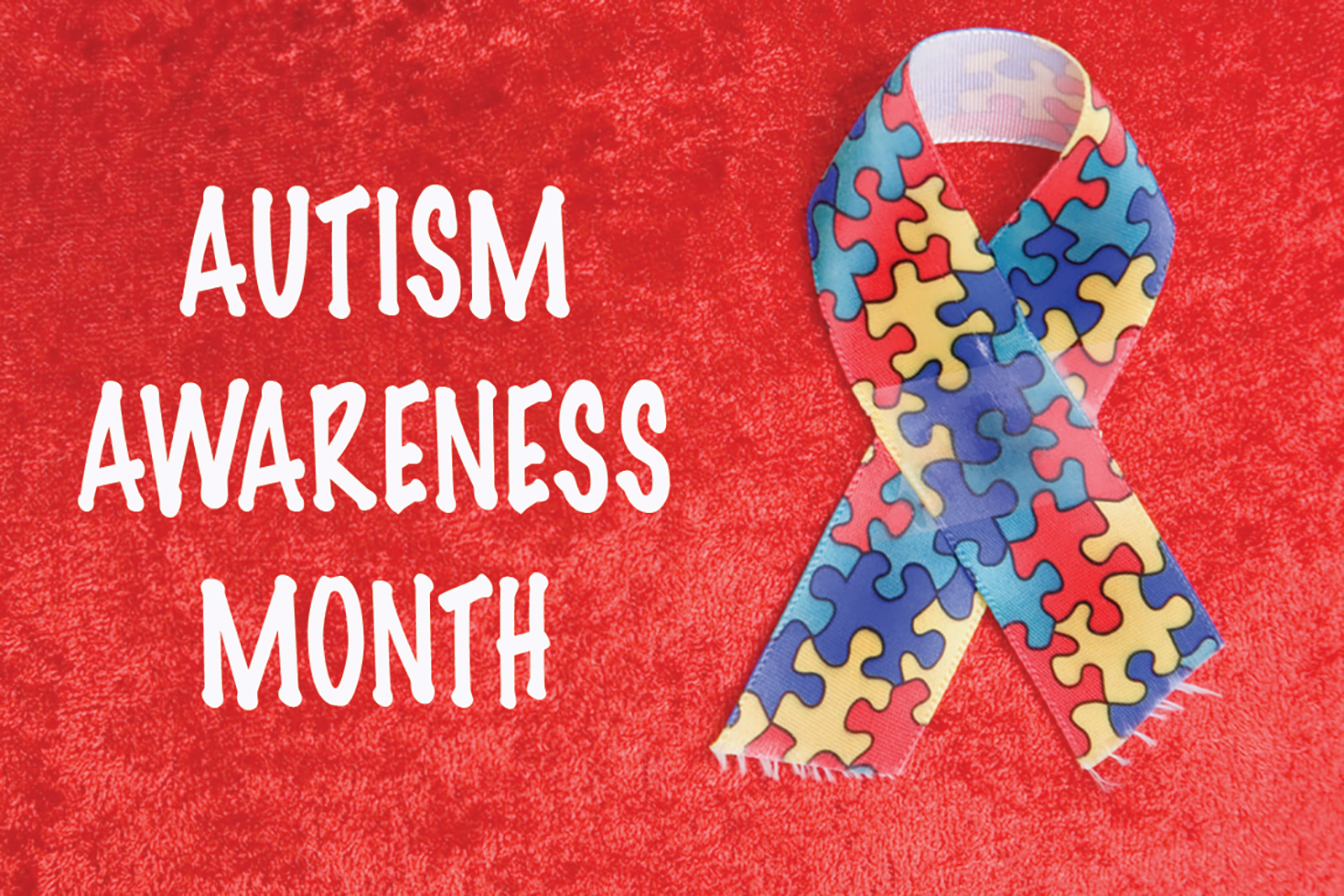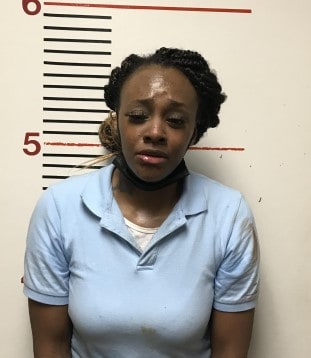Best Friends Offering Helping Hands to Autistic Adults

By Sarah Naron
Messenger Reporter
GRAPELAND – For adults living with autism, many of the day-to-day activities which mentally healthy adults take for granted pose great challenges.
“Basically, I would say their inability to communicate or to make their needs or wishes know,” said Nikki Steinsbo, Executive Director of Best Friends Community Services when asked to identify prominent challenges faced by autistic adults. “That’s usually what brings the behaviors and different challenges that they have.
“Just imagine if you couldn’t say, ‘I’d like to speak to you,’ and you had to bang or hit or get my attention in some kind of way,” Steinsbo said. “So, I think that’s one of the biggest challenges, is the inability to communicate their needs.”
Located in downtown Grapeland, Best Friends Community Services strives to help autistic adults and their loved ones lead easier, more fulfilling lives.
“One of the main services that we’re most proud of is our behavioral support,” said Steinsbo.
As Steinsbo explained, many individuals living with autism face an inability to communicate effectively, leading to behavioral issues.
“We offer behavioral support by a licensed psychologist, who evaluates and treats and builds a behavioral support plan based on that actual individual’s inability and ability,” explained Steinsbo. “We’ve seen some great success with that.”
As a result of the formulation of a behavioral support plan, autistic patients are able to more efficiently communicate and help their loved ones better understand their wants and needs.
“It decreases the level of anxiety for the individual,” Steinsbo said.
Best Friends also connects patients and their families with organizations which are able to assist in paying for such services.
“It’s an expensive service,” Steinsbo pointed out. “We link people to the local authority, and from there, they’re able to get access to services that they need to better serve their loved ones.”
Best Friends also refers patients in need of a formal diagnosis to the local authority.
“Because of the great expense involved with the testing, if someone comes in and feels that they have somebody of interest that needs to be tested, we refer them out,” explained Steinsbo.
A doctor’s order or formal diagnosis, Steinsbo said, is not a requirement for visiting Best Friends.
“Of course, we don’t take the place of the school district – if they’re in school, they should use that channel first for being diagnosed,” she said. “But if someone comes in, then we make contact for them to the local authority and set up appointments so that they can be screened.”
As Steinsbo pointed out, many adults with disorders along the autism spectrum live out a large part of their lives without ever receiving a diagnosis.
“You’d be surprised how many functioning adults may have Asperger’s or another form of autism that was never diagnosed, but it has impeded their ability to progress in life and to succeed at things they wanted to do because they were improperly diagnosed or never diagnosed,” Steinsbo said.
“Diagnosis, in my mind, leads to treatment,” she continued. “Because I’m a nurse, I think, ‘Well, we’ve got a diagnosis, now, what can we do about it?’ So, that’s kind of one of the things, is to recognize.”
According to Steinsbo, loved ones of individuals exhibiting autism symptoms should avoid denying “that something is different” and offer support and assist their loved one in getting tested.
According to Steinsbo, developmental delays are among the earliest signs of autism and similar disorders.
“To me, a standout is some of the social disorders,” Steinsbo continued. “And that’s displayed by many adults. They have the inability to socialize with their peers appropriately, or they may shy away from socialization because of the autism.”
For more information, call 936-687-1003.
Best Friends Community Services is located at 128 S. Main St. in Grapeland.
Sarah Naron may be reached via email at [email protected].





